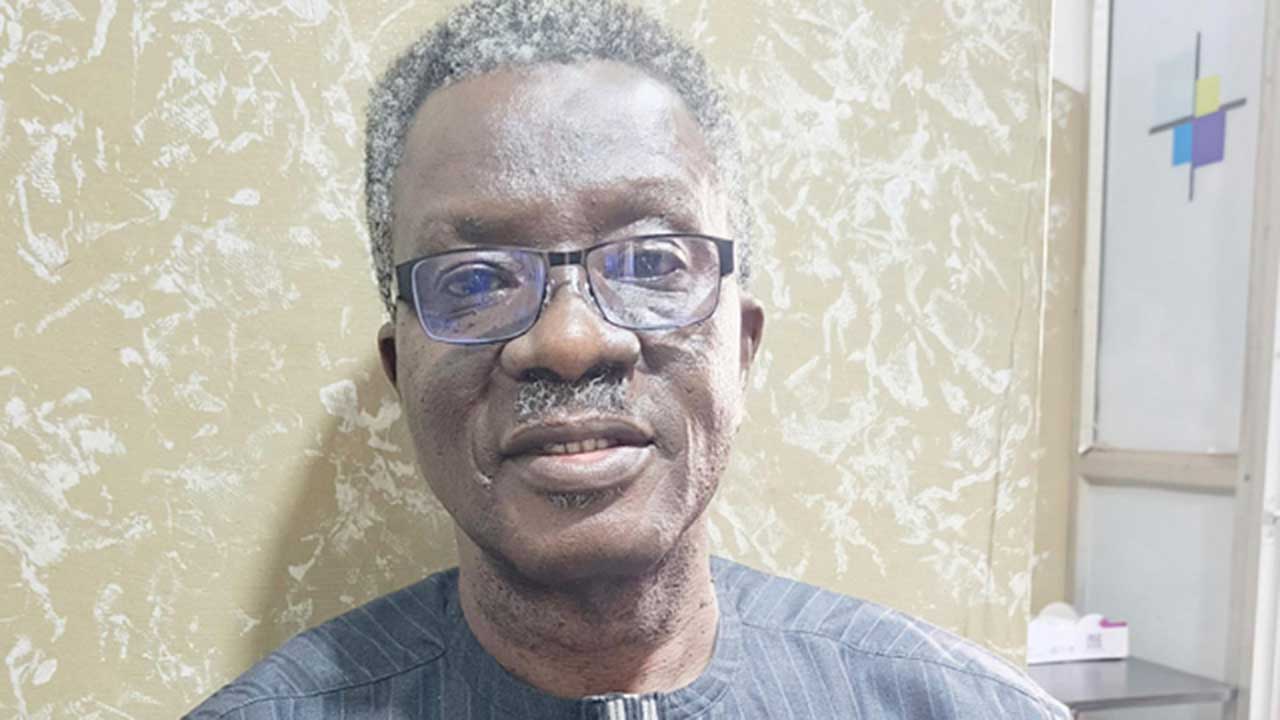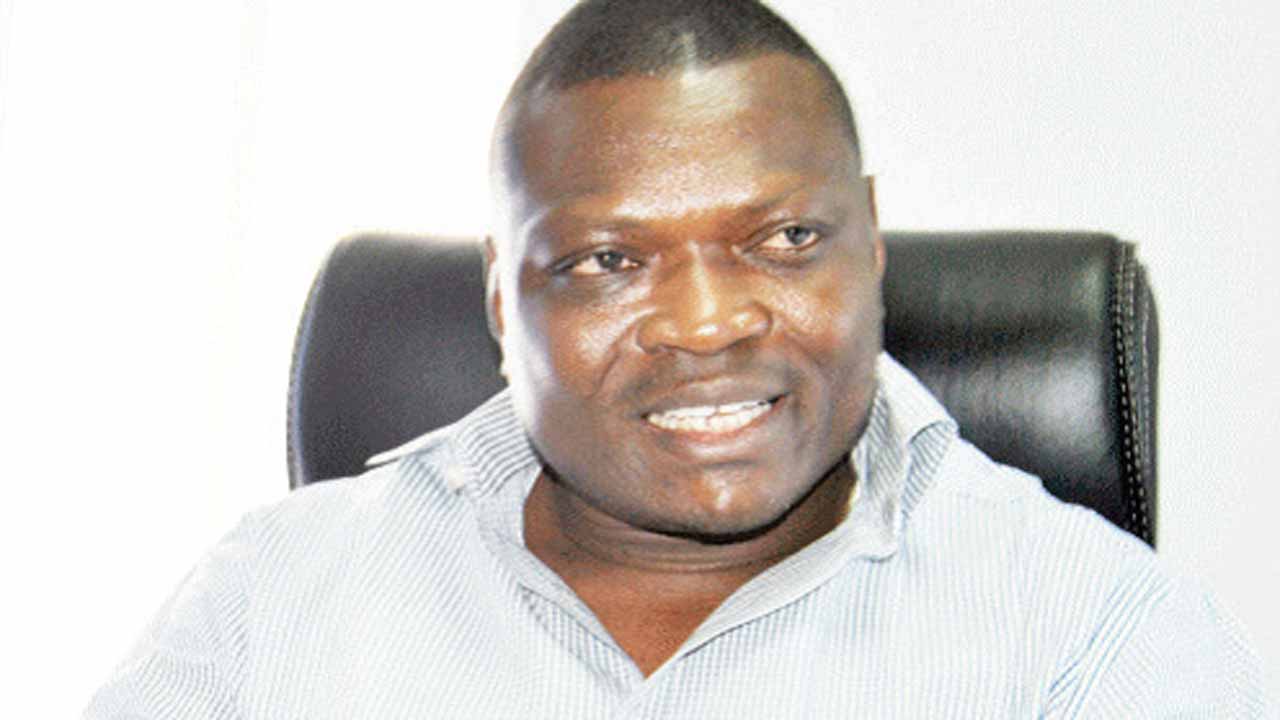
Micro, Small and Medium Enterprises (MSMEs) face uncertainty as well as optimism over the planned tax reform as they head into 2025, TOBI AWODIPE reports.
Earlier this year, the Presidential Committee on Tax Reform, chaired by Taiwo Oyedele, proposed four separate bills to modernise the country’s tax system and align it with global best practices. They are the Nigeria Tax Bill (NTB), the Nigeria Tax Administration Bill (NTAB), the Nigeria Revenue Service Establishment Bill (NRSEB) and the Joint Revenue Board Establishment Bill (JRBEB).
The bills seek to consolidate various tax laws into a unified framework, simplify compliance and reduce multi-layered taxation, expand the tax base to generate sustainable revenue, address complexities within the current tax system and enhance compliance by leveraging technology and clarity in administration.
According to Oyedele, the reforms aim to alleviate the rising cost of living, foster economic equity, and create a business-friendly environment to attract local and foreign investments.
In the last quarter of 2024, the proposed reforms sparked considerable controversy.
While part of the business community has expressed enthusiastic support for the reform, others have expressed concern that the bills are still not adequately addressing the core issues of multiple taxation, especially from non-state actors, which they say is sometimes more than legal taxation. They also say that the proposed reforms have several technicalities, which would not be easily understood by many business owners who make up the informal sector.
The national vice president of the National Association of Small-Scale Industrialists (NASSI), Segun Kuti-George, said the tax reform initiative is a welcome development and will hopefully be favourable to small businesses and cottage industries. He said the proposed exemption of nano, micro and small businesses from the current tax burden is soothing.
“Under the proposed system, taxes payable by individuals may not be more than three as all the taxes will be harmonised. This is great for small businesses because most businesses currently pay multiple taxes, most of which is duplicated across aboard. If it can be structured properly and approved, I believe it would be great for SMEs,” he said.
Also speaking, the Chief Executive Officer (CEO) of the Centre for the Promotion of Private Enterprise (CPPE), Dr Muda Yusuf, applauded the bill, stressing that businesses are already over-burdened with too many taxes and a proper harmonisation and rationalisation of taxes will aid business survival in the new year.

“The threshold on income tax for SMEs was moved to N50 million from N25 million. While this is commendable, I suggest the threshold be moved to N100 million. We are talking of turnover, and by the time we consider the cost of energy, logistics, goods, and so on, turnover will have crossed the N50 million mark. Sadly, that amount is no longer so significant because of inflation and the rapid depreciation of the Naira. I would recommend raising it to N100 million if we want to grant tax waivers to SMEs,” he said.
“If you go to any market, park or industrial area, the non-state actors operate with boldness and impunity to the extent that even security agencies cannot check their activities. The security agencies have even given up on them. I dare say that non-state actors/illegal levies burden businesses and SMEs more than official levies. This must be addressed in the reforms.”
“Furthermore, some of these tax provisions are too technical for MSMEs. How many MSMEs know much about input VAT or output VAT? Are the traders in the Balogun market or the people selling cows the ones who will know about input or output VAT? For an economy with a huge informal sector like ours, the provisions are too technical and must be simplified as much as possible. How many SMEs can afford to engage a tax consultant? These are some of the issues that concern business owners, and any reform that doesn’t take into account our huge informal sector, which is around 90 per cent, is no real reform at all,” he said.
A macroeconomic, business and policy analyst, Dr Vincent Nwani, said the fact that the government saw the need to overhaul the tax system is excellent as it shows it is beginning to see reason with the Organised Private Sector (OPS) over the issue of multiple taxations and the tedious complexity in paying taxes.
Pointing out that it remains to be seen how much MSMEs will be affected positively or otherwise by the reforms as they have yet to take off, he said many taxes/fees/levies are informal and not captured in the current tax reforms.
He explained: “How are the levies paid by transporters at every bus stop all over Nigeria going to be streamlined and dealt with? Manufacturers and businesses trying to move goods from one point to the other pay millions of naira in taxes and levies to all kinds of individuals, but this is not captured in these reforms; how is this going to be addressed?
“How do SMEs deal with taxes and levies such as radio/TV tax, which usually runs into hundreds of thousands of Naira even when they do not own any radio or TV in their place of business? How do real estate and construction companies deal with the illegal taxes and levies collected by Omo-onile and all manner of agencies? If you want to build as little as a roundabout today, the fees and levies that would be demanded and the amount used in ‘settling’ all manners of individuals, legal and otherwise, is almost at par, if not even more than what would be spent on the actual roundabout construction.”
He added that the proposed reform also has a lot of technicalities and threshold issues that might not be readily understood and may complicate implementation.

“Nigeria has never been short of great ideas, but implementation is where we always fall short. This is a laudable idea on paper, but the issues mentioned above are cause for concern,” he said.
Pointing out that the proposed tax reforms appear pro-SMEs and pro-poor, the National President of the Association of Small Business Owners of Nigeria (ASBON), Femi Egbesola, said this is important as roughly 87 per cent of MSMEs in Nigeria fall into the nano and micro category and are usually the first to go under when challenges arise.
He said exempting these categories of small business owners from paying taxes would be helpful towards their survival, as well as the products and services that would also be excluded.
He said: “We can only hope that excluding essential goods such as food, education and healthcare from paying tax, will help to reduce their prices so that the businesses can make more sales and more Nigerians can afford them. Also, the issues of tax disputes taking years will hopefully be a thing of the past as the new reforms are proposing a tax ombudsman office that will resolve disputes within a week.”
Adding that the harmonised taxes are just under seven in all, down from over 60, he said if businesses can make payments online alone, it would help to eliminate the need for state actors and middlemen who often try to rip business owners.
He added: “Even for bigger industries, multinationals and FMCGs, their taxes have collapsed to a reasonable number, and CIT has been reduced.”
However, expressing concern that the informal sector is not adequately covered in the proposed reforms, he said the sector’s current taxes, numbering over 30, mostly go to non-state actors’ hands.
Asking for more sensitisation, especially for business owners in the informal sector, he said they need to be enlightened on their rights, reduce to the barest minimum amount of taxes and make it a one-off online yearly payment. He said this would encourage more people to pay the government directly.

“We must again point out that these reforms do not consider the levies, fees and other monies extorted by road unions, task force agents and people masquerading as local government fee collectors. Their collection method is often crude and the money collected is usually unaccounted for, mostly in private pockets. You cannot tell business owners to pay a streamlined tax to the government, and yet, these non-state actors forcefully tax them all year round. They would not be encouraged to pay legal taxes when they know they still have to pay even more illegal taxes.
“This is something the government and the tax committee need to look into, and the reforms must also address this. The informal sector is the largest sector with the most players, and this is where I feel the reforms should primarily focus on rather than the medium and large corporations, which I believe have already been captured in the tax net. The informal sector pays taxes, but most do not go to the government; they end up in private pockets. If small business owners and traders know that if they pay a certain amount as tax and they are done for the rest of the year, most of them would readily pay,” he said.






